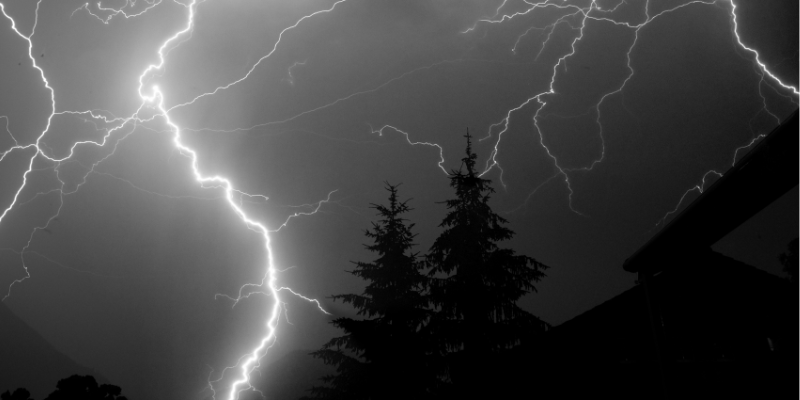
Top 8 Reasons Insurance Claims Are Denied
Top 8 Reasons Insurance Claims Are Denied
You may have heard horror stories of people being denied their insurance claims for reasons they never expected. It can be a frustrating and stressful experience to deal with such a situation, especially if you were counting on receiving compensation for an accident or damage caused by an unforeseeable event. However, don’t despair yet. With a little bit of knowledge and foresight, you can avoid becoming a victim of insurance claim denial. In this blog post, we will look at the top 8 reasons insurance claims are denied, so that you can safeguard yourself and your family, and get the coverage you deserve.
POLICY EXCLUSIONS
The first reason for insurance claim denial is policy exclusions. You might assume that your policy covers everything, but there could be specific items, events, or conditions excluded from coverage. For example, flood damage, earthquakes, and acts of terrorism are often excluded from standard homeowners’ insurance. Make sure to read your policy carefully and ask your insurance company or agent about any exclusions or limitations before you sign up.
LAPSE IN COVERAGE
Another reason for denial is a lapse in coverage. This means that you let your insurance policy expire or cancel it before the accident or damage occurred. Insurance is designed to cover losses that happen during the policy period, so if you don’t have coverage at the time of the incident, your claim will likely be denied. Always make sure to renew your policy on time, or set up automatic payments or reminders.
MISSED DEADLINE
A common reason for insurance claim denial is missing the deadline to file the claim. Insurance companies have specific time frames for reporting incidents and submitting claims, ranging from a few days to a few months. If you miss the deadline, you may forfeit your right to claim compensation. Keep track of the deadlines and submit your claim as soon as possible to avoid any delays or denials.
FAILURE TO MITIGATE PROPERTY DAMAGE
Insurance companies expect policyholders to take reasonable steps to prevent further damage to their property after an incident. If you fail to act promptly or adequately to mitigate the damage, you may be denied coverage. For example, if your roof is leaking, you should try to cover the hole with a tarp to prevent water from entering your home and causing more damage. Document your efforts and inform your insurance company as soon as possible.
MISSING INFORMATION
Insurance claims require a lot of documentation and information to process. If you fail to provide the necessary details or paperwork, your claim may be denied. Make sure to fill out all the forms and documents accurately and completely, and provide any supporting evidence or photos that can help your case. Keep copies of everything you submit and follow up with your insurance company if you don’t hear back within a reasonable time.
LACK OF DUE PROPERTY MAINTENANCE OR CARE
Insurance policies often have requirements for property maintenance and care. If you neglect your property and cause damage or loss as a result, your claim may be denied. For example, if you don’t maintain your roof and it collapses due to neglect, your policy may not cover the repairs. Make sure to keep your property in good condition and follow any guidelines or recommendations from your insurance company or inspector.
BAD FAITH CLAIM DENIALS
Lastly, insurance companies can deny claims in bad faith, meaning that they refuse to pay for valid claims without a proper reason or justification. This is illegal and unethical, but it can happen. If you suspect that your insurance company is acting in bad faith, you can file a complaint with your state department of insurance or consult with a lawyer who specializes in insurance law.
REMEMBER
Insurance claims can be complex and confusing, but with this knowledge of the top 8 reasons insurance claims are denied, you can avoid many common pitfalls. Remember to read your policy, renew your coverage, submit your claim on time, take prompt action to mitigate damage, provide all necessary information, maintain your property, and don’t give up if you suspect bad faith. Insurance is an important tool to protect yourself and your assets, so don’t let fear or ignorance stand in the way of getting the compensation you deserve. Stay informed, stay safe, and stay insured!






